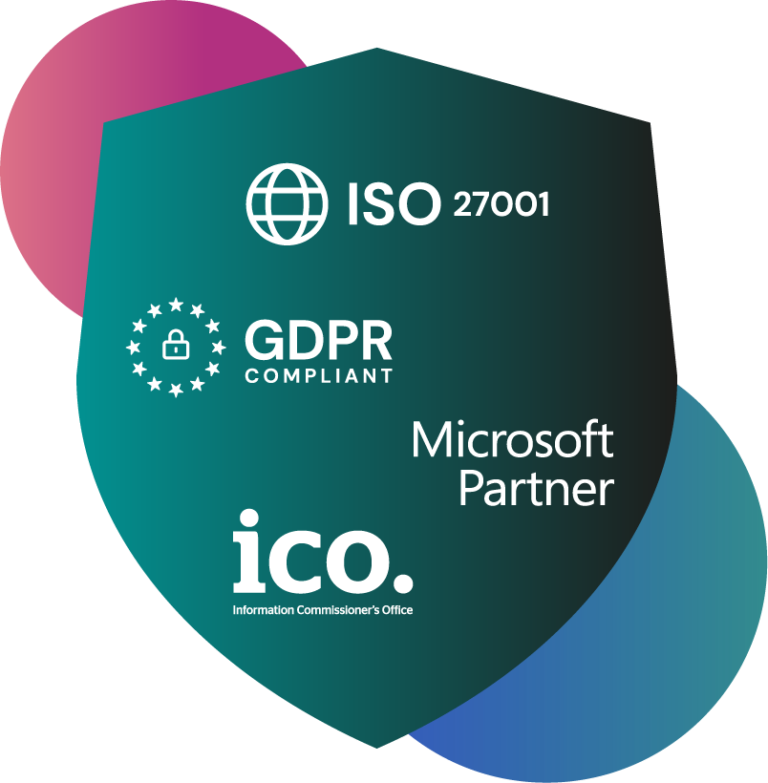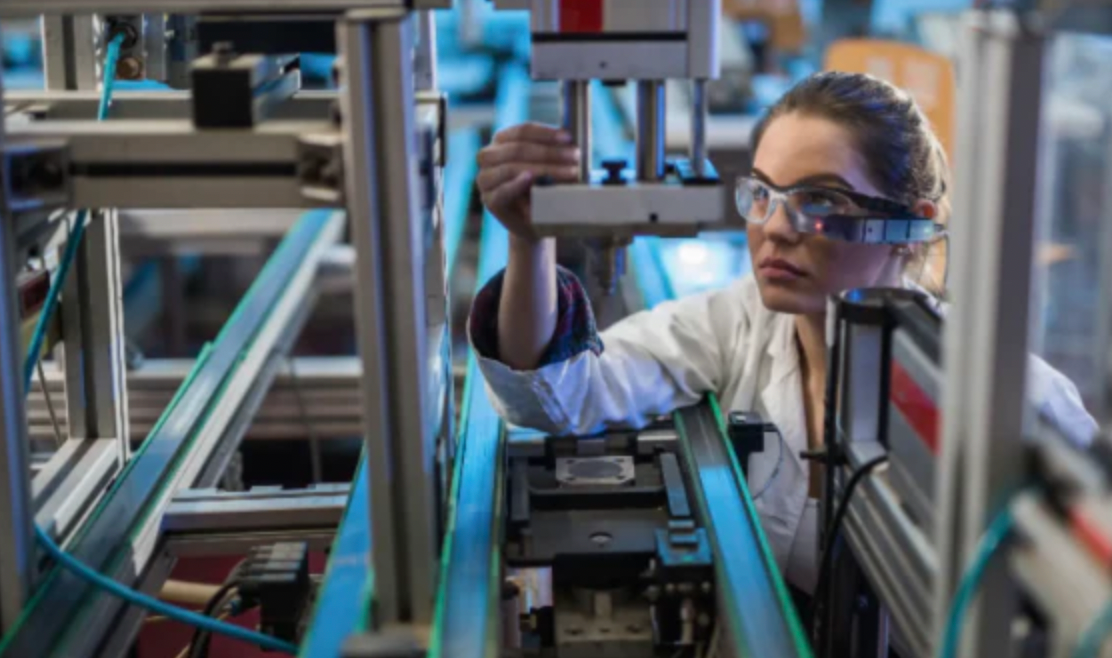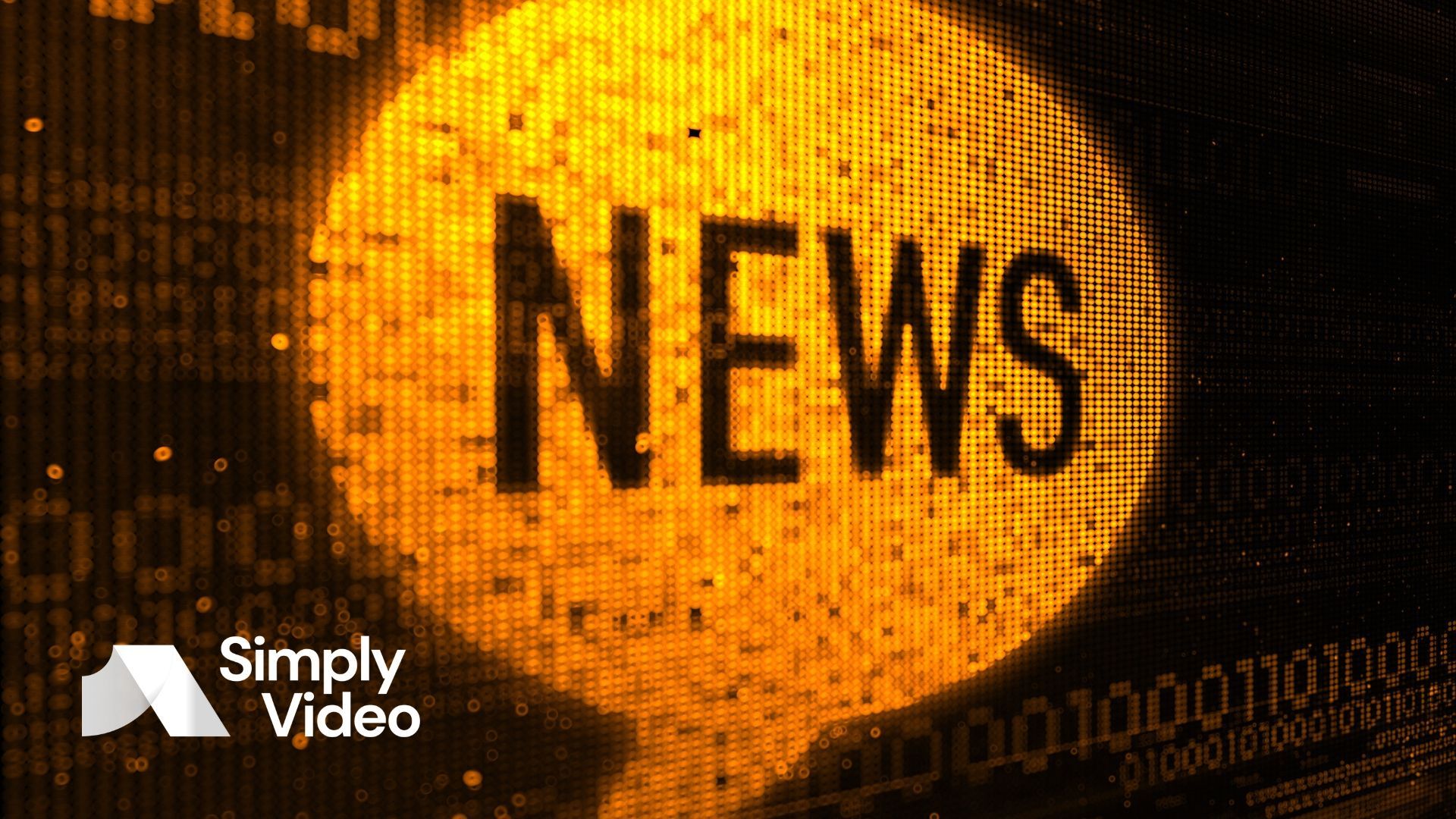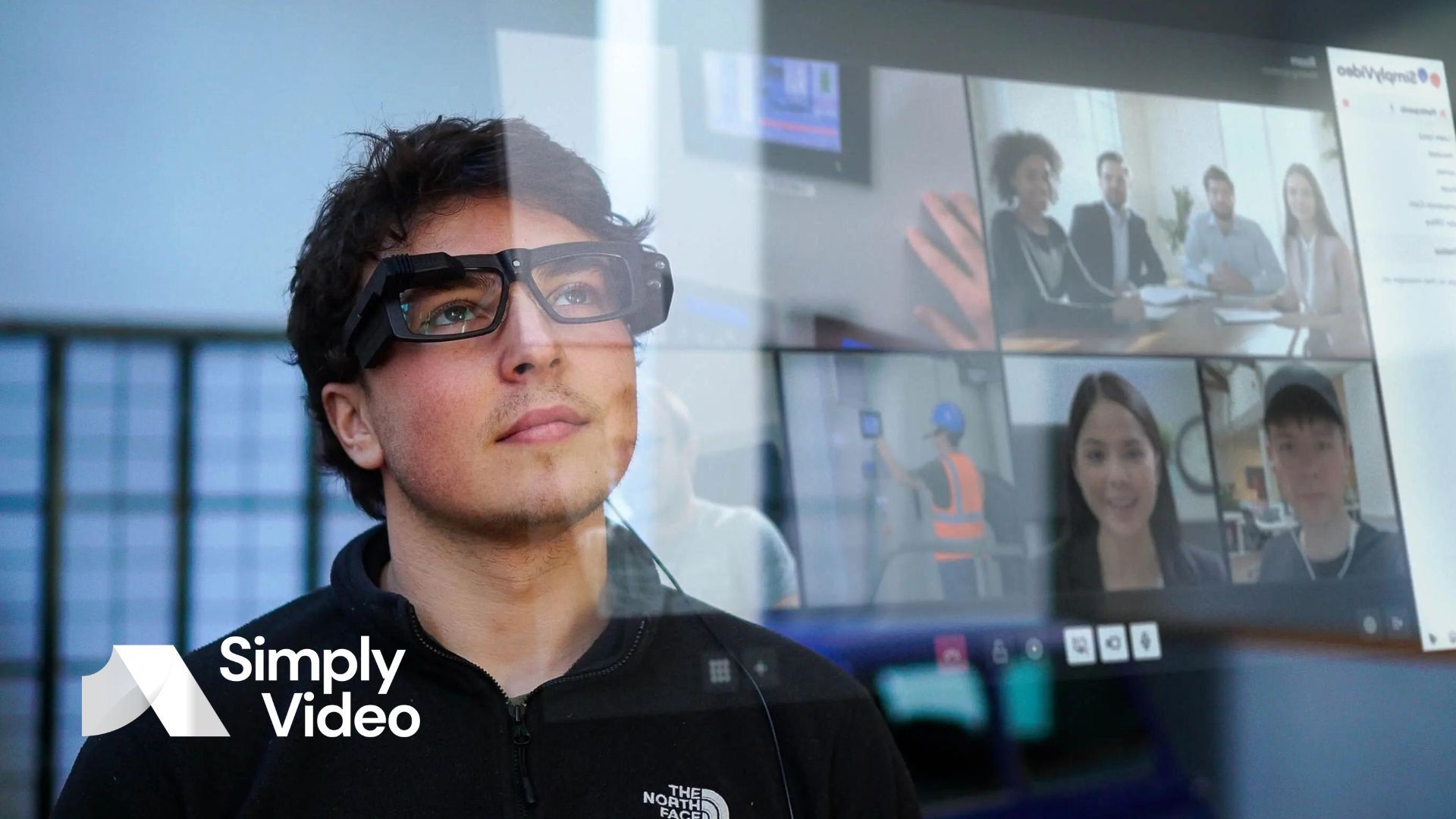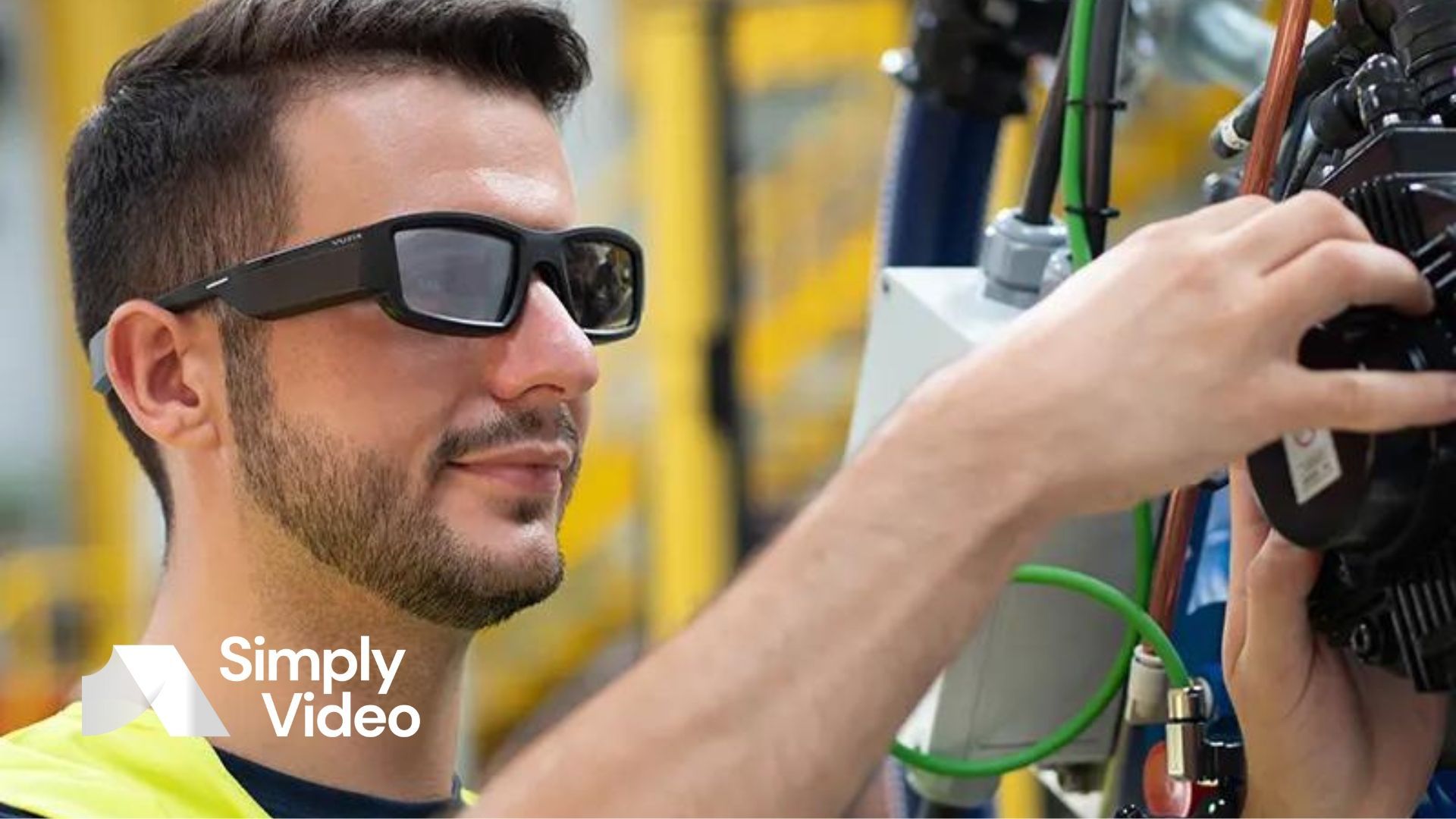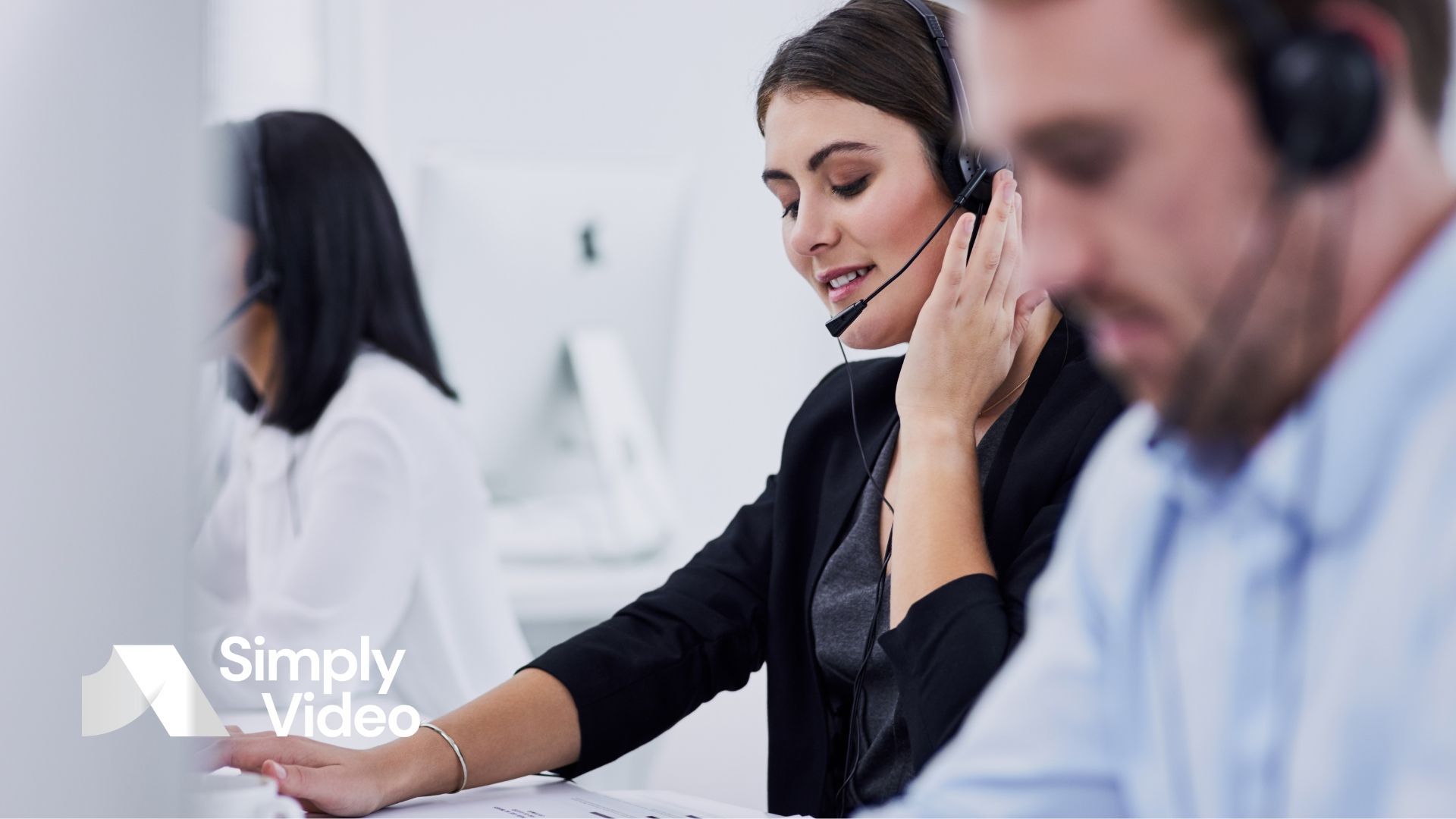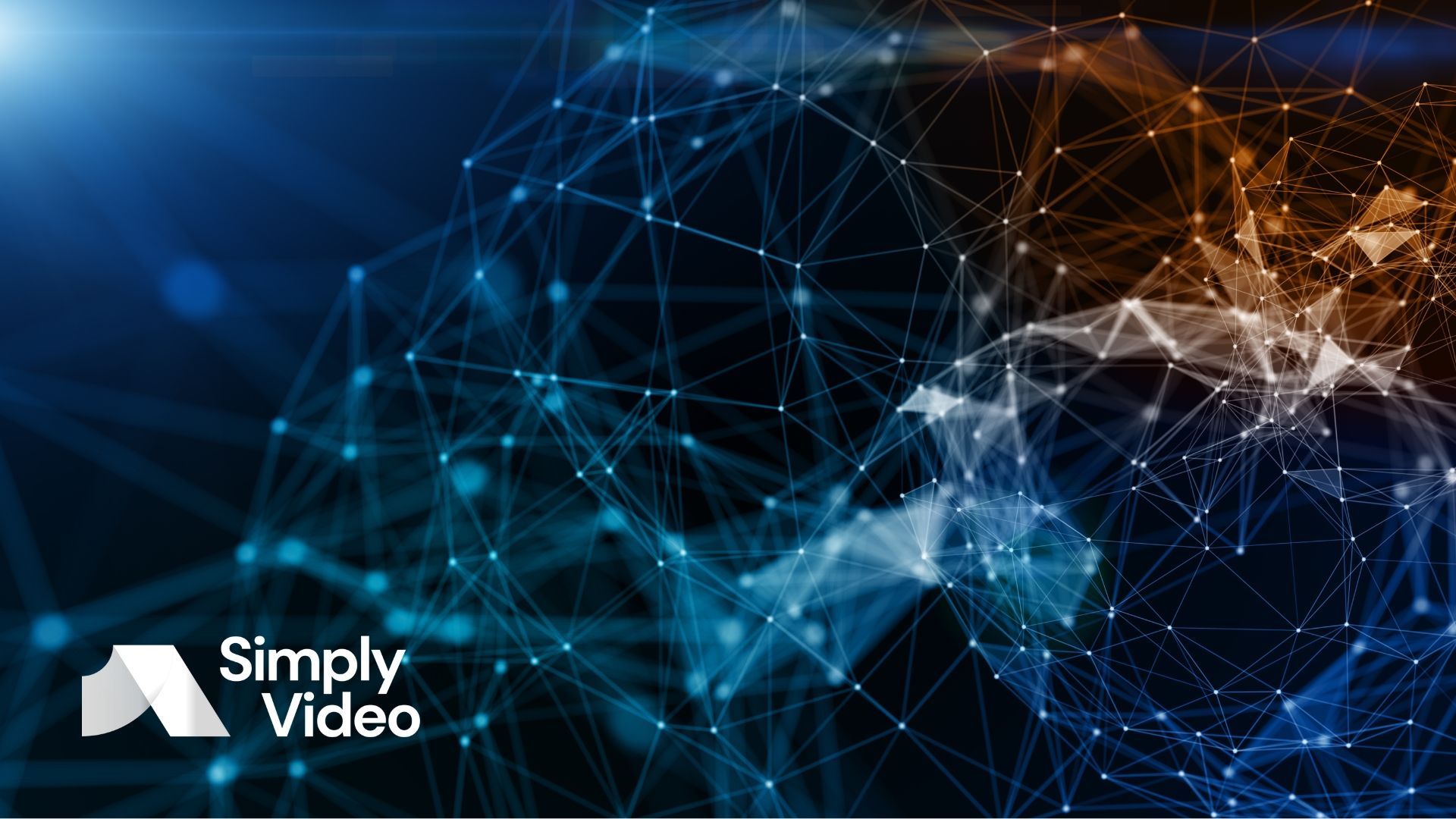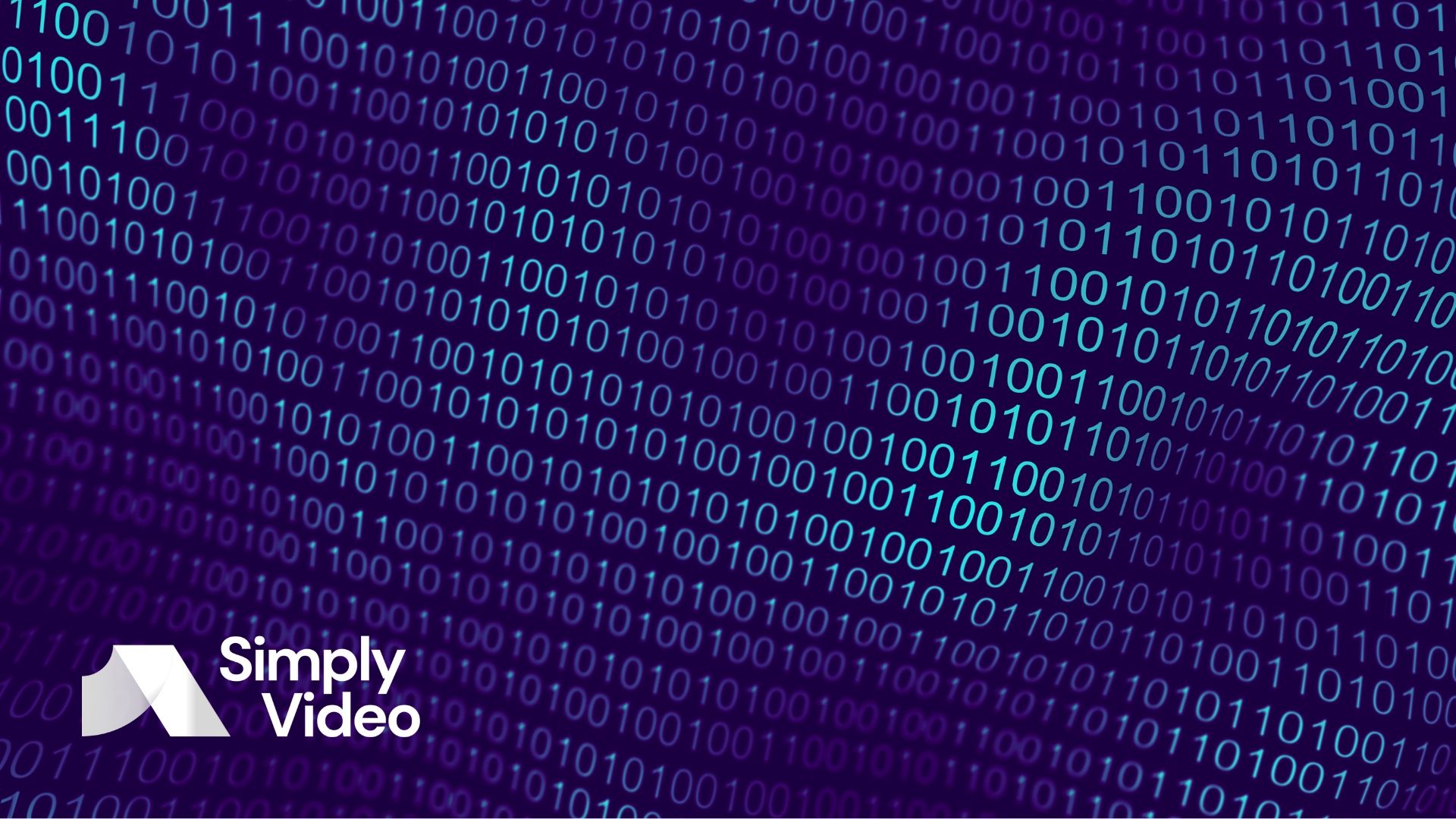XR technologies are transforming industries worldwide. How can the wine industry balance immersive new tech with its traditional roots? Find out more.
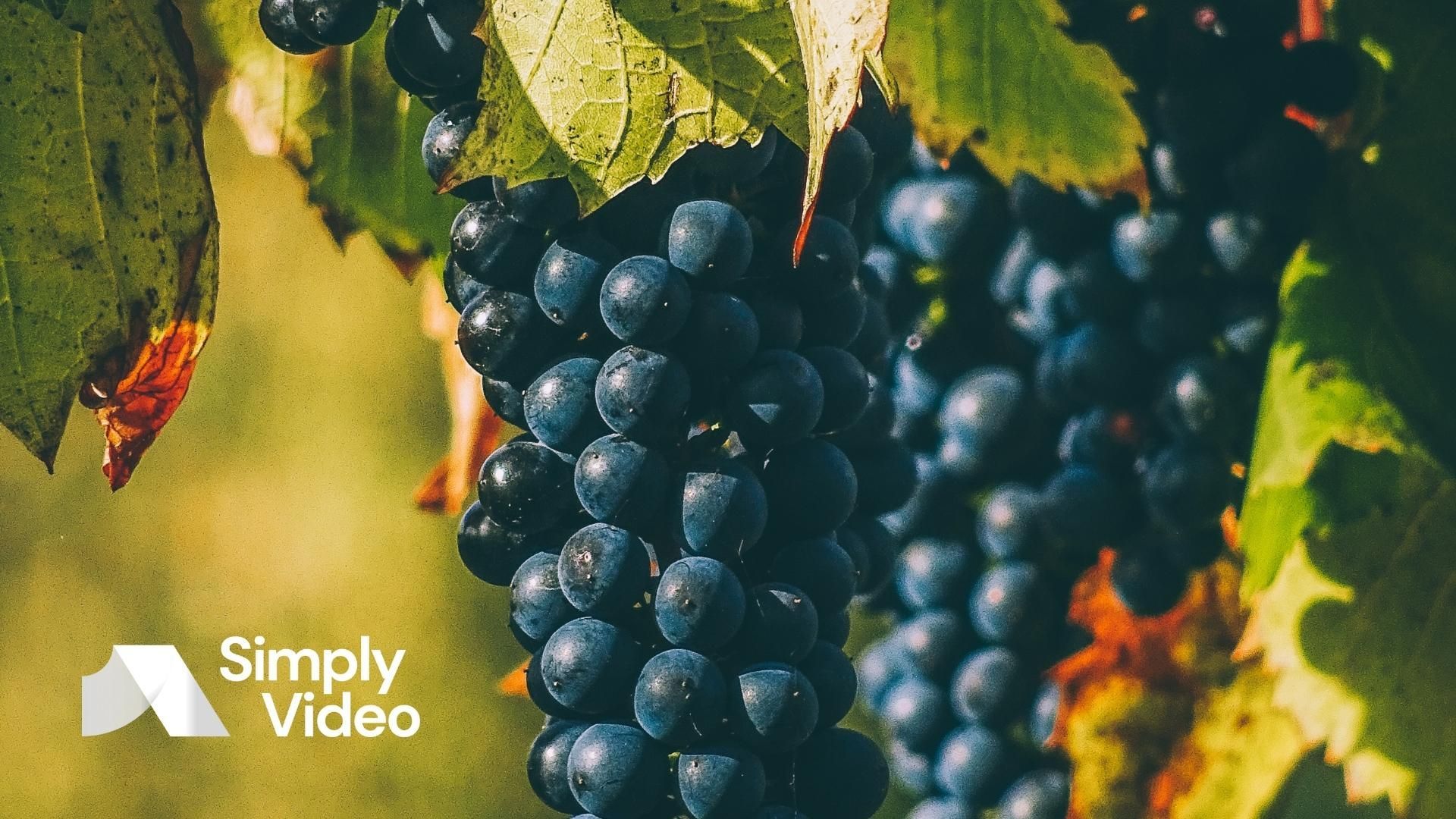
Few passions have a longer, richer or broader history than the art of wine-making. The first evidence of grape wine can be traced back to 6000 BC, and our love of the drink flows through culture, art and religion.
Today, wine enjoyment graces many a table. Loyal traditionalists compare notes on noses, bodies and legs, debating whether that Riesling is just right or this Bordeaux is simply better.
A glass of simple red can be a godsend to tired 9-to-5ers, while new jobs, chapters, or relationships hum with the tune of a popping cork.
The enjoyment of wine can mean many things, but the wine-making industry – like many of its consumers – remains rather set in its traditional ways.
Noses can wrinkle at anything industrialised, in defence of the "classic" methods: glass bottles, fermenting techniques passed down through generations, grapes crushed by hand and bottles turned a half-centimetre every hour.
And let's not even get into the rules a vineyard must follow to get the right regional names on their labels. (What do you mean, you'd say champagne when you mean Crémant? For shame.)
As the digital world expands and technology weaves itself into the fabric of everyday reality, the question for many is this. Can the wine industry ever truly be modernised? Or will emerging technologies erode its historical identity in the pursuit of convenience and efficiency?
At SimplyVideo, we're hopeful. Extended reality (XR) empowers us to rethink how we collaborate and connect remotely, streamlining processes and unlocking cost-savings – wherever in the world you are.
Assisted reality (aR) glasses and augmented reality (AR) headsets are enhancing industries as diverse as medicine, operational design and education – and there are plenty of possible applications for transformative tech within the wine industry that don't interfere with its heritage.
Single-varietal will always have its place, but there's plenty of room for a well-balanced blend, too. (See what we did there?).
Faster, more effective design
638 million bottles of Prosecco were sold in 2022, worth a staggering €3 billion. A cheaper alternative to champagne, what the Italian sparkling lacks in flavour individuality, it makes up for in spirit, drinkability, and cost-effectiveness.
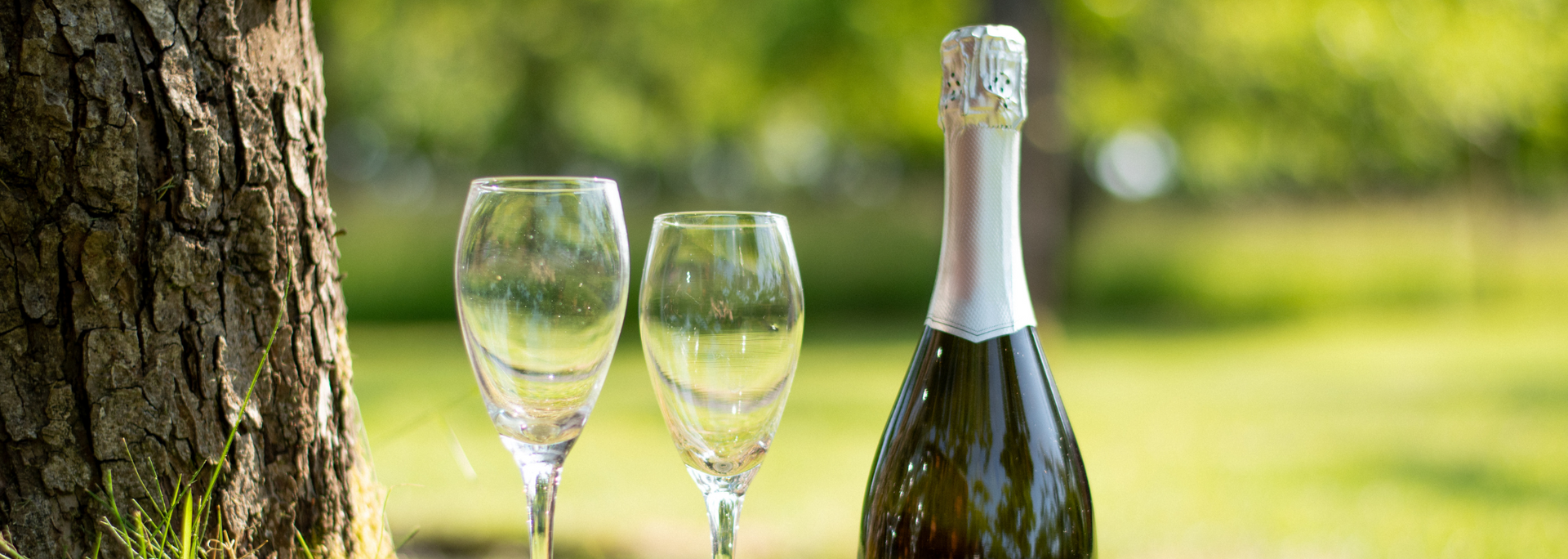
You can buy at least three bottles of Prosecco for the same price as the everyday bottle from a low-range champagne house. This is partly because it's fermented in steel vats rather than in the bottle, greatly reducing the operational requirements from grape to glass.
Commercial production has scaled exponentially in response to the growing appetite (or thirst) globally – and fulfilling a great demand requires space and smart thinking.
If only structural designers could help the top boss visualise a new warehouse layout, changes to machinery, or office redesign before a single penny has been spent…
With AR and mixed reality (MR) headsets, it's possible. Simple to operate but incredibly powerful, this type of wearable tech allows real and virtual elements to co-exist in real-world environments.
This has all sorts of business benefits – from reducing the tangible costs of planning, problem-solving and discovery, through to improving the success rate of the project.
The usefulness of superimposing the potential over the tangible isn't limited to design optimisation, either.
Marketing teams can experiment with new labels without the arduousness of creating physical samples that must be disregarded or stored after the brand meeting.
Induction training for warehouse staff becomes safer and just as effective in the classroom thanks to 3D immersive tutorials.
And there isn't a sales team in the world that wouldn't breathe a sigh of relief at being told they could leave the heavy bottles behind, but instead conjure up the entire range on any surface of the client's cosy office.
Reduce travel costs
Like many industries, the business of wine-making requires extensive amounts of travel. Buyer trips, exhibitions, tasting events, conferences, calls with clients, investors, managers and manufacturers are all costly – and it's not great for sustainability badges, either.

Face-to-face is critical in certain scenarios but it's redundant in many. We've all attended meetings that could've been a call. Harnessing the power of XR helps solve this problem.
XR tech won't replace a supplier tasting event or quality control checks any time soon. But while it isn't yet possible for XR to replicate smell or taste, it can certainly be used to cut the cost of unnecessary trips between offices and vineyards.
Routine site visits can be conducted through 3D walkthroughs, and client meetings held today as a flat video call enjoy a more immersive upgrade.
By their nature, vineyards are typically pretty hard to get to.
Following a dirt track through hectares of grapevines, hoping the site is around the next bend and keeping a watchful eye out for jittery deer isn't the zen experience one imagines being paid to go to France and taste wine would involve.
Nevertheless, this is the day-to-day working life of many wine-buyers. There's usually limited phone signal out there too, so there's no chance of dialling a colleague in for the supplier meeting.
Hardware like the Magic Leap 2 and software like SimplyVideo are designed to work in environments with limited internet connection.
Users can easily access expert remote assistance from viticulture specialists without leaving the vineyard, with both parties benefiting from "see what I see" features that allow problems to be solved faster, and more accurately.
This is the same time-saving value the IT guy gets from screen-sharing with a remote employee, but packed into a pair of spectacles.
With the ability to take photos and even annotate them, triaging a rare fungal disease and preventing the spread before it wipes out half the vines becomes something even the most inexperienced grape-picker can do.
Conclusion
A passion as global as wine needs technology that reflects the same mindset.
There's a wealth of opportunities when it comes to mainstream plonk in sales, marketing and distribution, so for those vino businesses aiming to scale up in the near future, it's probably time to start thinking in a digitally savvy way.
Get in touch with SimplyVideo today and start unlocking the potential of our XR-enhanced
remote video collaboration tools. Cheers!
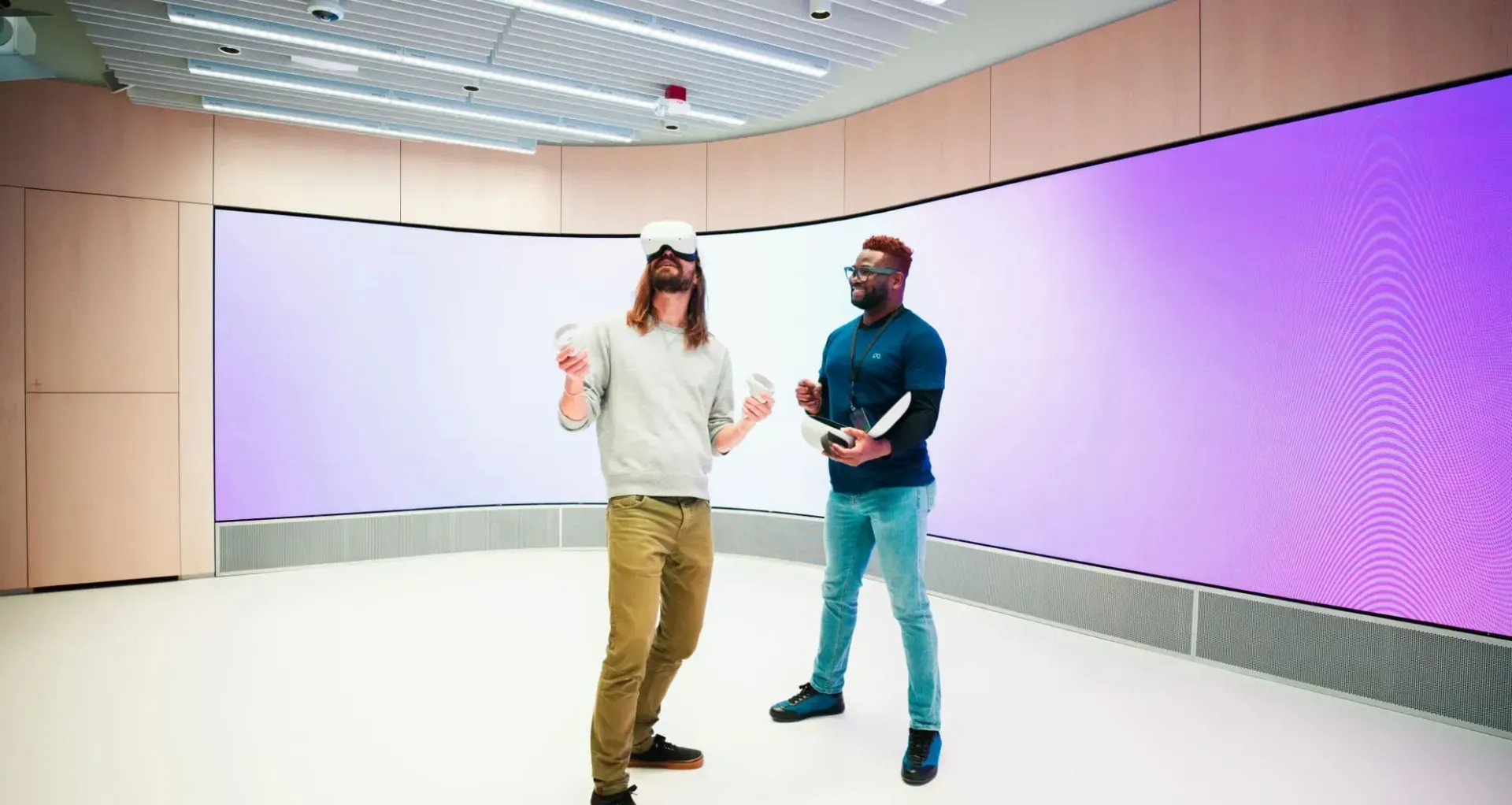

Unit 8,
Gemini Business Park,
Sheepscar Way,
Leeds,
LS7 3JB

Unit 8,
Gemini Business Park,
Sheepscar Way,
Leeds,
LS7 3JB
All Rights Reserved | Simply Video

Unit 8,
Gemini Business Park,
Sheepscar Way,
Leeds,
LS7 3JB
